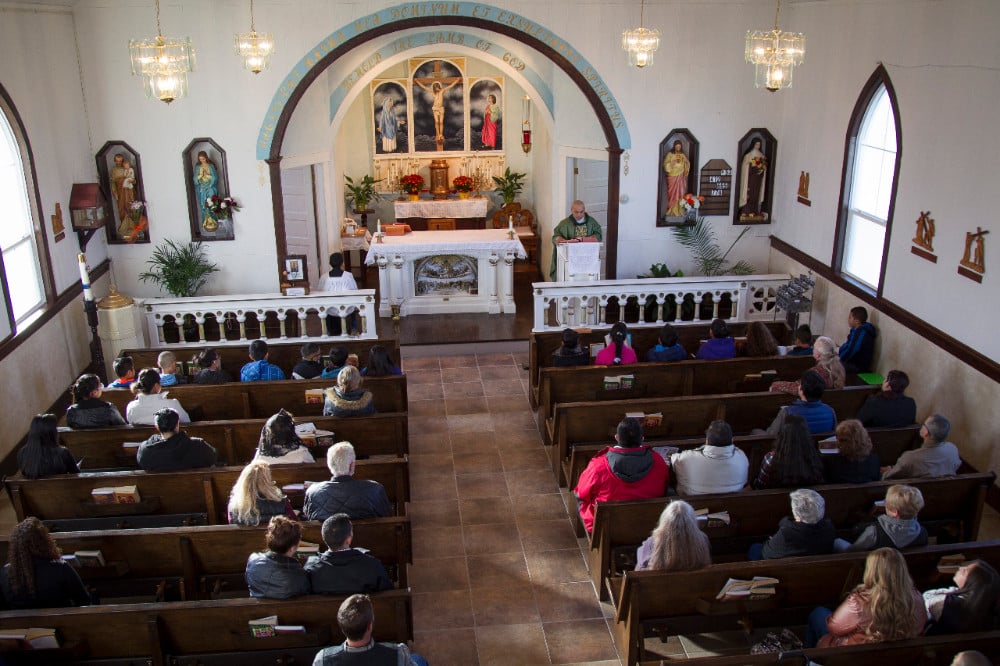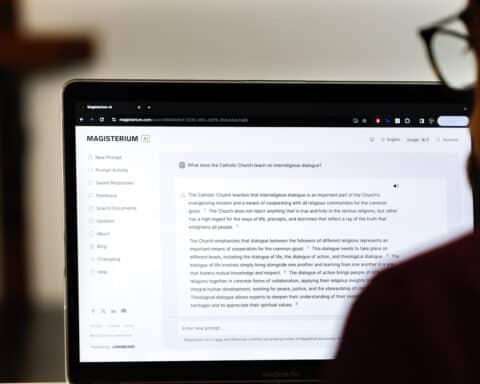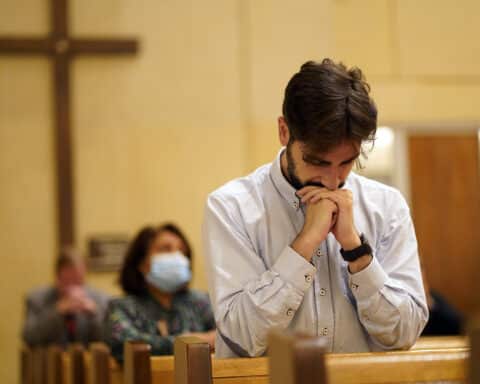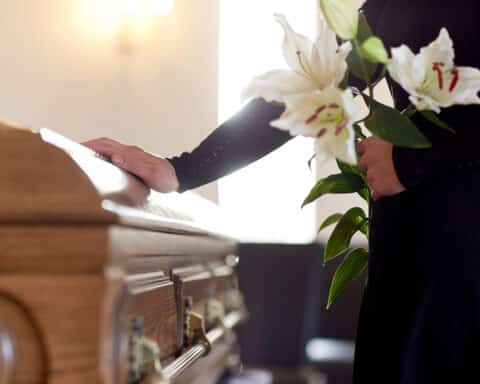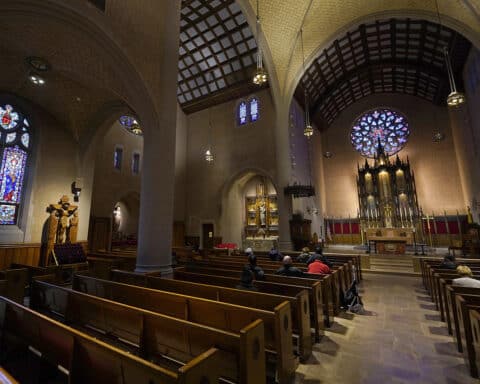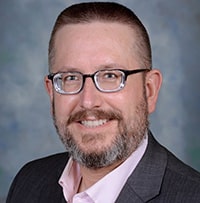
The results from the latest World Values Survey, summarized by the Center for Applied Research in the Apostolate (CARA), paint a very different picture. A dozen European countries rank at or above the United States on weekly Mass attendance. CARA’s own numbers had shown that weekly Mass attendance in the United States had fallen to 24% in 2019; today, weekly Mass attendance is down to 17%. To put it another way: For every 10 people who were at Mass every Sunday in 2019, 3 are missing today — three years after the official start of the COVID pandemic.
Yet we still hear that “many people haven’t come back to Mass yet,” as if Mass attendance is certain to return to pre-COVID levels on some magical day in the future.
There will be no magical day, and Mass attendance will not return to “normal,” because what we are experiencing now better reflects the state of the Church in the United States in the first days of March 2020 than what it appeared to be back then. From the very moment that bishops suspended the obligation to attend Mass on Sunday, I predicted that a significant number of Catholics would not return when the doors reopened. While some haven’t come back because of fears for their physical health, and perhaps a few have grown used to watching televised Masses, the vast majority haven’t returned because they had been in the pews for years merely out of inertia.
Their absence from their parish today is a better measure of their relationship with the Church than their presence was three years ago.
The stubborn refusal of bishops, priests and the leaders of lay apostolates to recognize and acknowledge that reality has prevented us from seeing that a church half empty is also a church half full. Those who are in the pews today want to be there. They know that they need to be there. They aren’t there because canon law says that they are obligated to attend Mass every Sunday, on pain of mortal sin; they are there because they know that they need a relationship with Christ that only their physical presence in his house can sustain. They know that only in the Church can they receive the body and blood of Christ that heals their souls and brings them eternal life.
And knowing that they need Christ, they know that others do, too. They may not know what to do about that. They may not even understand that they, personally, are called to do something about that. But their bishops and pastors and the leaders of lay apostolates should know, and it is our responsibility to help them to understand and to live that calling.
We can only do that, however, if we are willing to admit that we no longer live in a Christian age, much less a Christian country, but find ourselves in the position of the early apostles. The cultural institutions that once reinforced and sustained the faith that we were granted at our baptism have not only crumbled; they have been replaced by institutions that actively undermine our faith by fostering and feeding an anti-Catholic imagination. Until COVID, we could look at nearly full churches and fool ourselves into thinking that all we needed to do was to keep the doors open and the bills paid. Now, we have a choice: Either acknowledge our calling to speak with the authority that Christ promised his apostles, an authority that proclaims our living relationship with Christ and draws others into that relationship, or let our local churches wither and die because we hid Christ’s light under a bushel basket.
The good news is that our churches are half full, and those who have left us still bear the indelible mark of their baptism. To evangelize them, we do not even need to convince, but only to remind, them of the life they have been promised in Christ. If we do that with the authority that Christ has granted us, he will take care of the rest.
Scott P. Richert is publisher for OSV.

